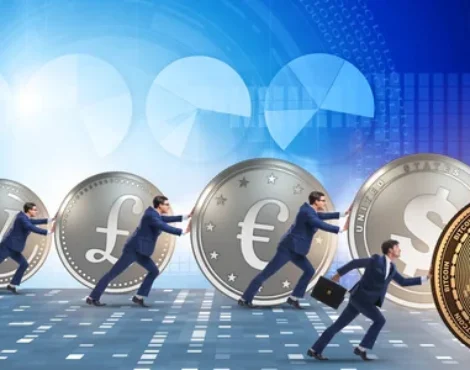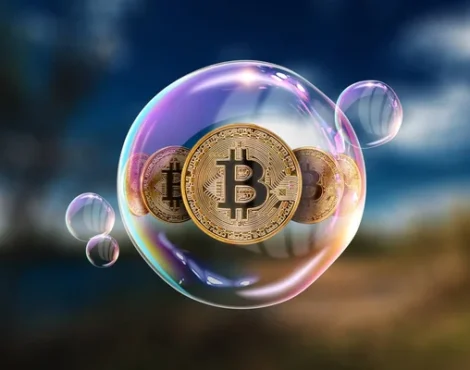The world of forex trading has witnessed significant changes and advancements over the years, thanks to the rapid evolution of technology. From the days of traditional trading on the trading floor to the modern era of online trading platforms, technology has revolutionized the way forex trading is conducted. In this article, we will explore the impact of technology on forex trading and how it has transformed the industry.
Evolution of Forex Trading with Technology

Technology has played a crucial role in the evolution of forex trading. In the past, traders had to rely on phone calls and physical transactions to execute trades. However, with the advent of the internet and electronic trading platforms, forex trading has become more accessible and efficient. Traders can now execute trades with a few clicks of a button, anytime and anywhere.
Automation and Efficiency in Forex Trading

One of the key benefits of technology in forex trading is automation. Automated trading systems, or algorithms, can execute trades on behalf of the trader based on predefined criteria. This not only saves time but also eliminates human error and emotions from the trading process, leading to more consistent and profitable trading outcomes.
Role of Artificial Intelligence in Forex Market

Artificial Intelligence (AI) has also made its mark on the forex market. AI-powered trading systems can analyze vast amounts of data in real-time, identifying patterns and trends that human traders may overlook. This technology can make more accurate predictions and better-informed trading decisions, ultimately leading to improved profitability for traders.
Mobile Trading Apps: Changing the Game

The rise of mobile trading apps has further revolutionized forex trading. Traders can now access their trading accounts and execute trades on the go, using their smartphones or tablets. This level of convenience and flexibility has made forex trading more accessible to a wider audience, empowering traders to stay connected to the market at all times.
Blockchain Technology and its Impact on Forex

Blockchain technology has also had a profound impact on the forex market. By providing a decentralized and secure ledger system, blockchain technology has made transactions more transparent and secure. This has helped reduce the risk of fraud and manipulation in the forex market, ultimately creating a more trustworthy trading environment for all participants.
The Future of Forex Trading: Tech Innovations

As technology continues to advance, the future of forex trading looks promising. Innovations such as machine learning, big data analytics, and quantum computing are set to further enhance the efficiency and accuracy of forex trading. Traders can expect more sophisticated trading platforms and tools that will help them make better-informed decisions and improve their overall trading experience.
Comparison Table: Traditional vs. Tech-Driven Forex Trading
| Aspect | Traditional Trading | Tech-Driven Trading |
|---|---|---|
| Execution speed | Slower | Faster and more efficient |
| Access to market data | Limited and delayed | Real-time and comprehensive |
| Automation | Manual execution | Automated trading systems |
In conclusion, technology has undoubtedly transformed the forex trading landscape, making it more accessible, efficient, and secure than ever before. Traders who embrace technology and adapt to the latest innovations stand to benefit from enhanced trading opportunities and improved outcomes. As the industry continues to evolve, we can expect to see even more groundbreaking technologies that will shape the future of forex trading.




Technology makes forex trading easier and faster.
Traditional trading is slower compared to tech-driven trading.
Mobile apps make forex trading more flexible.
Internet and electronic platforms made forex trading more accessible.
Technology will bring more innovations to forex trading in the future.
Blockchain technology makes forex transactions safer.
Automated systems save time and reduce errors in trading.
AI helps traders make better decisions in forex.